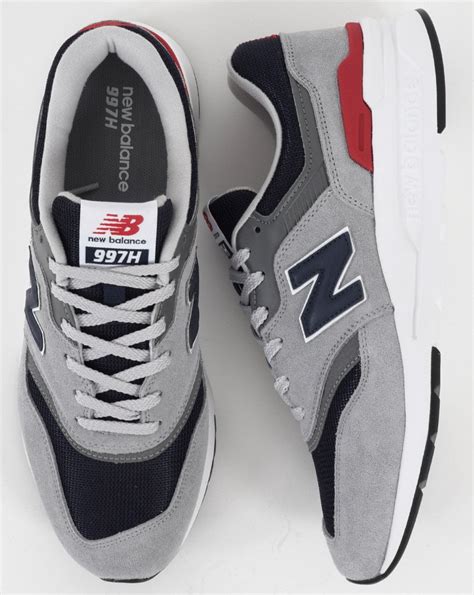The English language is a vast toolbox, but not all tools are created equal. In writing, the words we choose—especially our verbs and nouns—can dramatically impact the clarity, conciseness, and power of our message. Often, writers inadvertently dilute their prose with weak constructions, sacrificing dynamism for blandness. Understanding how to select strong verbs and identify and replace weak nouns is a fundamental skill for anyone aiming to write with precision and impact.
The Undeniable Power of Strong Verbs
Verbs are the engine of a sentence. They convey action, state, and occurrence. A strong verb paints a vivid picture, carrying the weight of meaning efficiently and directly. Conversely, weak verbs often rely on adverbs to do their job, or they combine with nouns in clunky phrases (e.g., “is walking slowly” vs. “strolling”). Strong verbs are specific, active, and reduce the need for excessive modifiers.
Consider the difference: “He went quickly across the room” versus “He dashed across the room.” The verb “dashed” not only tells us how he went but also implies a sense of urgency or speed, eliminating the need for “quickly.” Choosing a powerful verb compresses meaning and energizes your sentences.
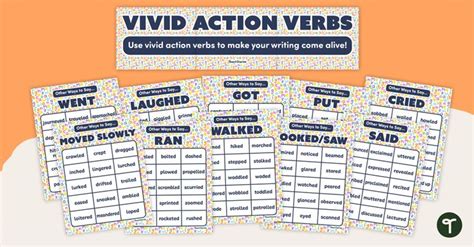
Unmasking Weak Nouns and Nominalizations
Weak nouns often appear in the form of “nominalizations”—nouns created from verbs or adjectives. While not inherently bad, excessive nominalizations can make writing feel abstract, wordy, and less direct. They often require a weak verb (like a form of “to be” or “make”) to give them life, draining energy from the sentence.
For example, instead of “The team made a decision to proceed,” which uses the weak verb “made” and the nominalization “decision,” you could write, “The team decided to proceed.” The latter is more direct, concise, and active. Other common offenders include “the creation of” (create), “the investigation of” (investigate), “the analysis of” (analyze), and “the belief that” (believe).
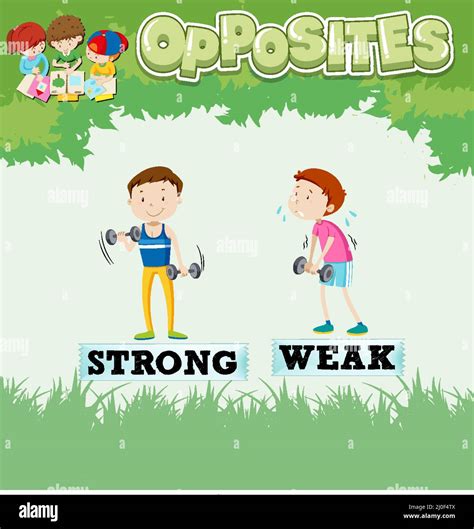
Strategies for Strengthening Your Prose
1. Prioritize Specificity in Verbs
When reviewing your writing, challenge every verb. If you find yourself using an adverb to clarify a verb, ask if there’s a stronger, more precise verb that could do both jobs. For instance, “ran quickly” could become “sprinted,” “bolted,” or “darted.” “Spoke softly” could be “whispered” or “mumbled.”
2. Be Wary of Forms of ‘To Be’ (Is, Are, Was, Were)
While essential, an over-reliance on “is,” “are,” “was,” and “were” can lead to static sentences. Often, you can replace a “to be” verb followed by an adjective or noun with a more dynamic, active verb. Example: “The proposal was indicative of their ambition” becomes “The proposal indicated their ambition.”
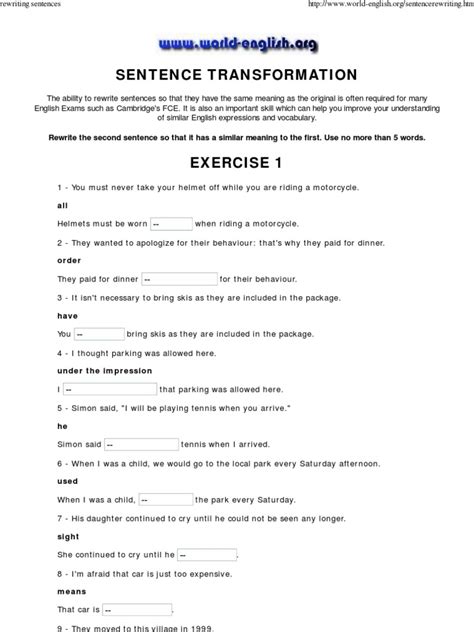
3. Unpack Nominalizations
When you spot a noun ending in -tion, -ment, -ance, -ence, -ity, -ism, -ing (when used as a noun), or similar suffixes, consider if it’s a nominalization that could be converted back to its verb form. This often streamlines sentences and makes them more active. Ask yourself: “Can I turn this noun into a verb?”
4. Embrace the Active Voice
Though not strictly about strong verbs vs. weak nouns, choosing active voice over passive voice naturally encourages the use of stronger, more direct verbs. “Mistakes were made” is passive and vague; “We made mistakes” is active and assigns responsibility.
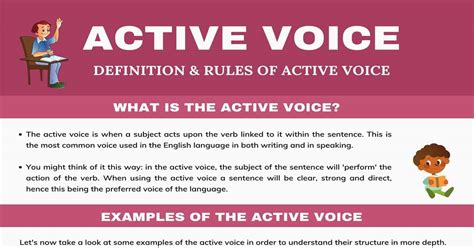
Practical Application and Editing Tips
Improving your word choice is an ongoing process. During the editing phase, specifically look for opportunities to enhance your verbs and streamline your nouns. Here are a few tactics:
- Read Aloud: This helps you identify awkward phrasing and wordiness that might otherwise go unnoticed.
- Search and Replace: Use your word processor’s search function for common weak verbs (e.g., “get,” “make,” “do,” “have,” forms of “to be”) and nominalizing suffixes (e.g., “tion,” “ment”).
- Use a Thesaurus Wisely: A thesaurus can be a powerful tool, but always ensure the synonym truly fits the context and nuance you intend. Don’t just swap words for the sake of it.
- Practice Regularly: The more you consciously work on word choice, the more intuitive it will become.
By diligently cultivating a habit of seeking out strong verbs and dismantling weak nominalizations, you will elevate your writing from merely conveying information to truly captivating your audience. Your prose will become clearer, more concise, and resonate with a power that only precise language can deliver.



